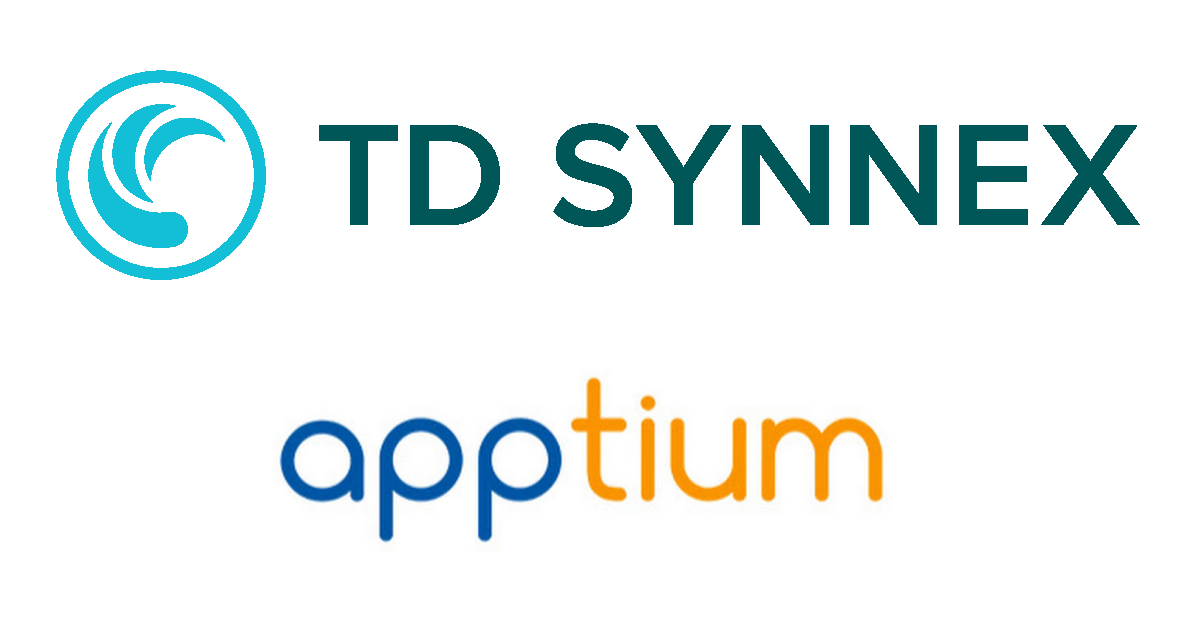The initial reaction many had to cloud storage was incredulity. After all, why would a company want to entrust its precious data to another company’s data center? This was clearly just a knee-jerk reaction to a radical, innovative new technology, however, given that this year the cloud market is set to grow to triple its 2008 size. Nevertheless, that doesn’t mean those initial naysayers were entirely off the mark.
Indeed, a new report from Forrester Research suggests that the cloud isn’t immune to data loss and what’s worse, recovering data from the cloud can be much more of a hassle than recovering it locally. Combine this with the firm’s prediction that companies will be using an average of 66 different SaaS apps in 2015, and it’s easy to see why this could be a problem.
I was able to catch up with Rob May, CEO and co-founder of Backupify, to discuss the report, as well as the general state of cloud data loss today. Being that Backupify is the leading provider of backup and recovery solutions for SaaS apps today, you’d be hard-pressed to find a more dependable source on the matter.
Tackling the first burning question most probably have, May addressed some of the main risks that can lead to cloud data loss. First and foremost, just because your data is stored in the cloud, doesn’t mean it isn’t subject to human error. The unfortunate fact is, if a company’s employees can interact with its data — no matter where it’s stored — they can mishandle it. In other words, the number one risk of data loss is persistent across on-premises and cloud solutions.
"The main reason you lose data on premises isn't necessarily from hard drive failure — although that does happen,” said May. “It's really the same thing [in the cloud]: User error, hacked accounts — it's mistakes by humans."
There are other sources of cloud data loss, though. Other major causes provided by Forrester include migration errors, malicious insiders, hacktivists, departing employees, and rogue applications — all of which May concurs with. Again, though, most or all of these are possibilities for on-premises storage, as well. That said, rogue applications seem to be a more pressing concern for SaaS solutions.
"We have a Fortune 500 customer who came to us, they were on Google Apps for two years, and they lost a terabyte of data on Google Drive,” added May. “It wasn't Google's fault; it was a third-party application that tied into Google Drive and it had some synchronization problems and caused them to delete a lot of data that Google couldn't get back."
That leads to the Forrester report’s other main point: With many of the same risks present in on-premises storage solutions, data loss is inevitable in the cloud. But, you may be wondering, if this is the case, then why is this only getting widespread attention now? According to May, it just took a few years for companies to be affected.
"The reason this hasn't been more popular in the past is that, when you move to a cloud application initially, you aren't likely to have data loss because it's very unlikely that the cloud provider causes problems for you. So we see a usage pattern where, for example, companies move to Google Apps, they're not interested in a backup, and after two or three years on Google Apps they'll have data loss problems and then come looking for a backup."
Obviously, companies need to protect themselves by backing up their cloud data. However, most SaaS providers don’t provide this, and the ones that do charge a hefty fee for it. That’s where a cloud-to-cloud backup provider like Backupify comes in. This isn’t just May’s opinion, either; it’s basically the conclusion of Forrester’s report.
If CIOs still aren’t convinced of this, which seems unlikely, there are a couple other reasons to consider cloud-to-cloud backup. First, there are some companies — such as those in the healthcare industry — that are subject to certain backup regulations, which cloud-to-cloud backup can definitely help with. Second, as May put it, there’s the issue of data control. It’s just good risk mitigation for companies to have copies of their own data.
Edited by
Blaise McNamee






